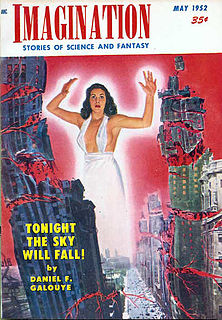A Quote by Gore Vidal
Between Malraux, Balzac, and Montaigne, I choose Montaigne. Montaigne will survive all the others, because the essay, meaning direct communication between the writer and his reader, will outlast the novel, by at least a thousand years.
Related Quotes
The most offensive egotist is he that fears to say "I" and "me." "It will probably rain" - that is dogmatic. "I think it will rain" - that is natural and modest. Montaigne is the most delightful of essayists because so great is his humility that he does not think it important that we see not Montaigne. He so forgets himself that he employs no artifice to make us forget him.
Simply put, meta-writing is writing that is self-conscious, self-reflective, and aware of itself as an artifice. The writer is aware she's writing, and she's aware there's a reader, which goes all the way back to Montaigne's often-used address "dear reader," or his brief introduction to Essais: "To the Reader." It can be done in a myriad of ways.
Long before the idea of a writer's conference was a glimmer in anyone's eye, writers learned by reading the work of their predecessors. They studied meter with Ovid, plot construction with Homer, comedy with Aristophanes; they honed their prose style by absorbing the lucid sentences of Montaigne and Samuel Johnson.





































